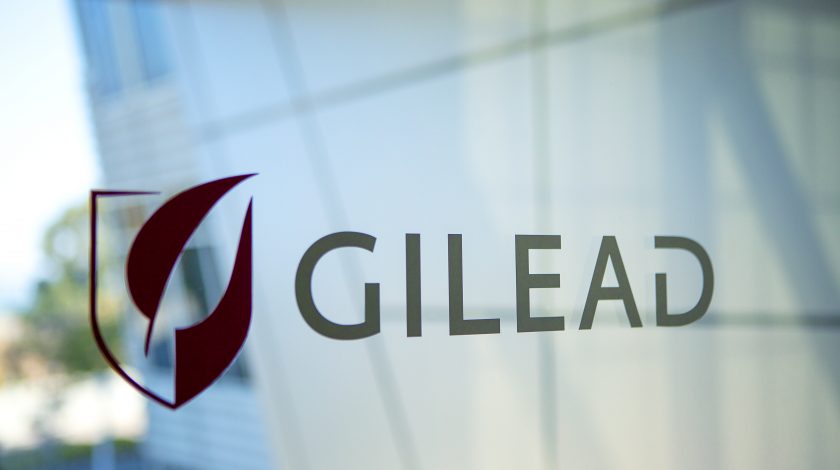Gilead faces lawsuit over HIV drug pricing

Gilead and other pharma companies stand accused of engaging in a scheme to block cheaper competitors to life-saving HIV drugs from entering the market.
A complaint filed in the US District Court in San Francisco also names Bristol-Myers Squibb and Johnson & Johnson as co-defendants.
The class action lawsuit was filed by HIV activists in the court and is another example of the frustration with pharma pricing in the US, where many patients cover all or part of their medicines bill, depending on their insurance arrangements.
This lawsuit focuses on the cocktails of antiretroviral drugs used to suppress HIV in infected individuals.
Most of the drugs rely on cocktails of three drugs taken in combination, to ensure that the virus remains inactive should it develop a resistance to one of the agents.
But the activists argue that Gilead and others did not substitute generic versions of individual components in the combinations, allowing them to maintain high branded prices for the medications.
They argued that had versions using generic compounds been available, the cost of some of the drug combinations could have been halved.
The complaint cited Gilead’s Complera as one example – it costs around $35,000 for a yearly course, while a version based on generic components would sell for half that amount.
The complaint alleges an agreement between J&J's Janssen unit and Gilead prohibits Janssen from making a generic version of the drug or from licensing the component rilpivirine to generic firms to manufacture.
Restraints such as these cover more than 75% of the “backbone” drugs known as nucleoside reverse transcriptase inhibitors used in the US.
Generics of half of “core agents” such as protease inhibitors and integrase inhibitors are blocked, and 75% of all “booster” drugs are also affected.
HIV activists from organisations such as ACT UP see this lawsuit as the next step to widening access to affordable medicines.
Lead plaintiff Peter Staley said: "ACT UP successfully fought for a dramatically lower price on AZT, the first AIDS drug, resulting in far lower prices on the next ten drugs that came to market. Now Gilead and its co-conspirators have turned back the clock to monopolistic practices and pricing. We will not let this stand."
Gilead has publicly denied any improper motive and J&J and BMS are said to be reviewing the complaints.
California-based Gilead also faces another lawsuit that it illegally delayed its next generation of HIV meds to maximise revenues from its older drugs before they went off-patent.
The company also said it expects generics of its big-selling HIV drug Truvada to hit the market early in 2021.
Late last week it struck a deal with the Trump administration to provide up to 2.4 million free bottles of Truvada, which can be used to cut risk of infection in high-risk individuals, to a government scheme to eradicate the disease.
But critics said that the move was an attempt to prepare the market for Gilead’s follow-up drug for Truvada, which has an improved safety profile.












